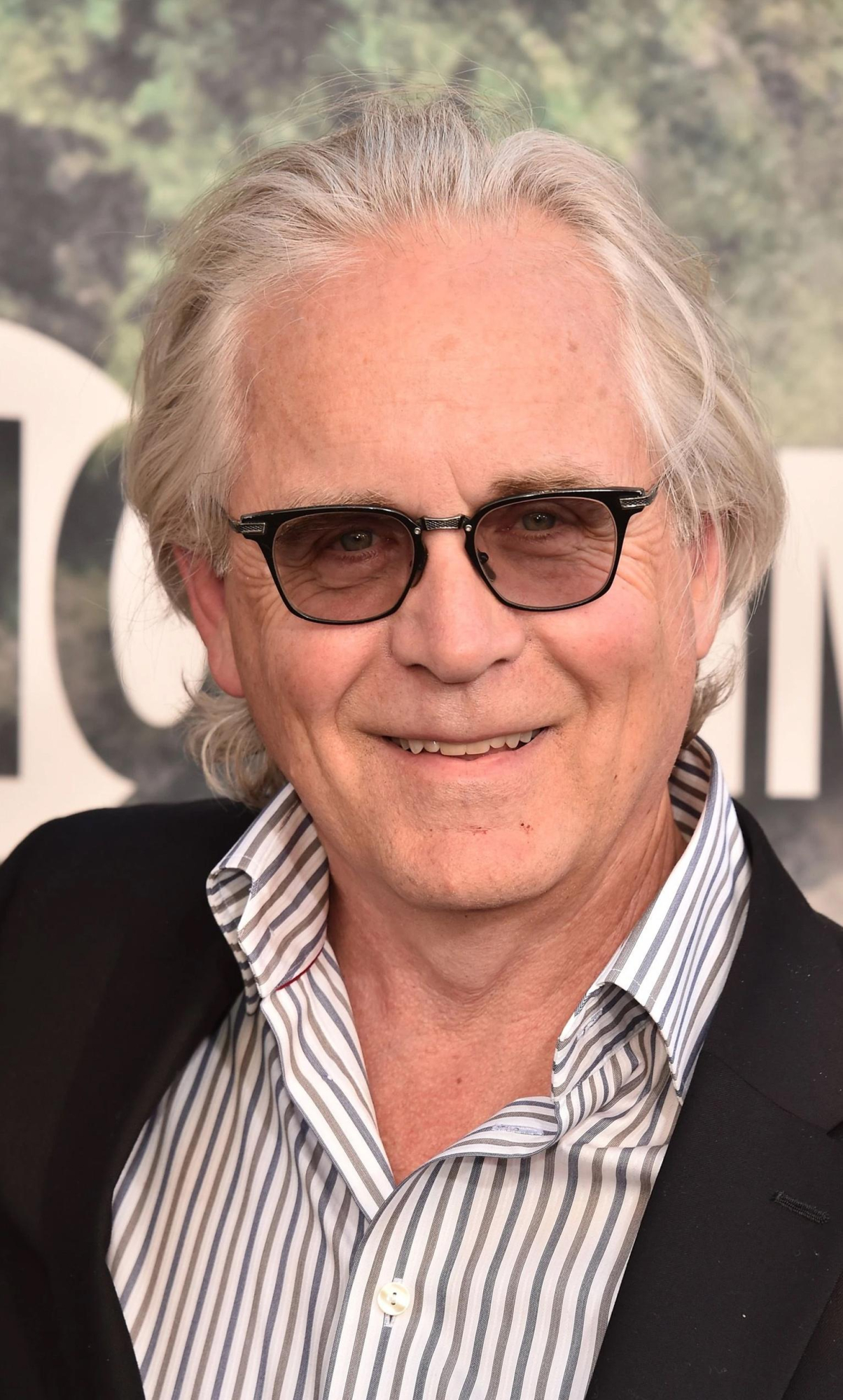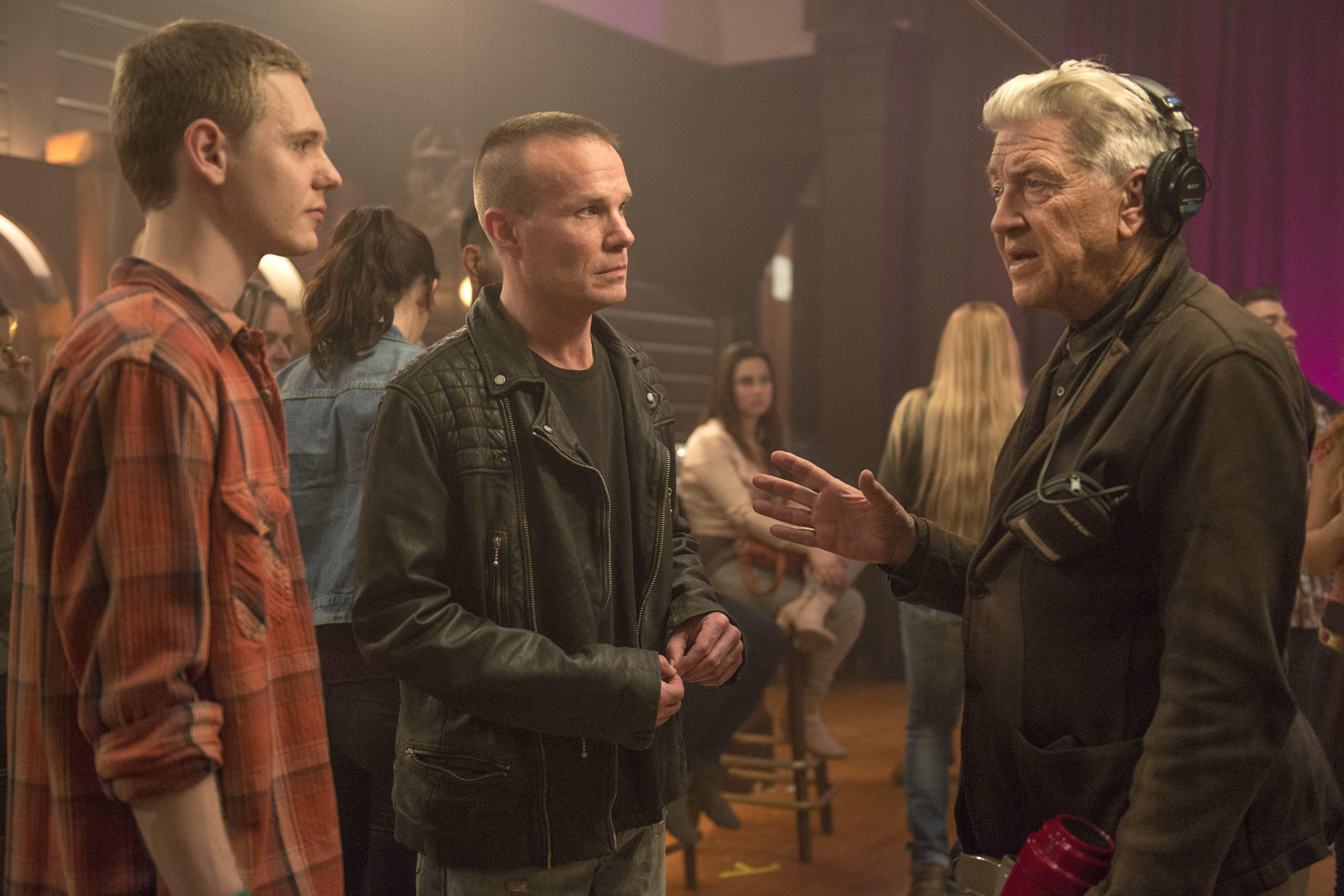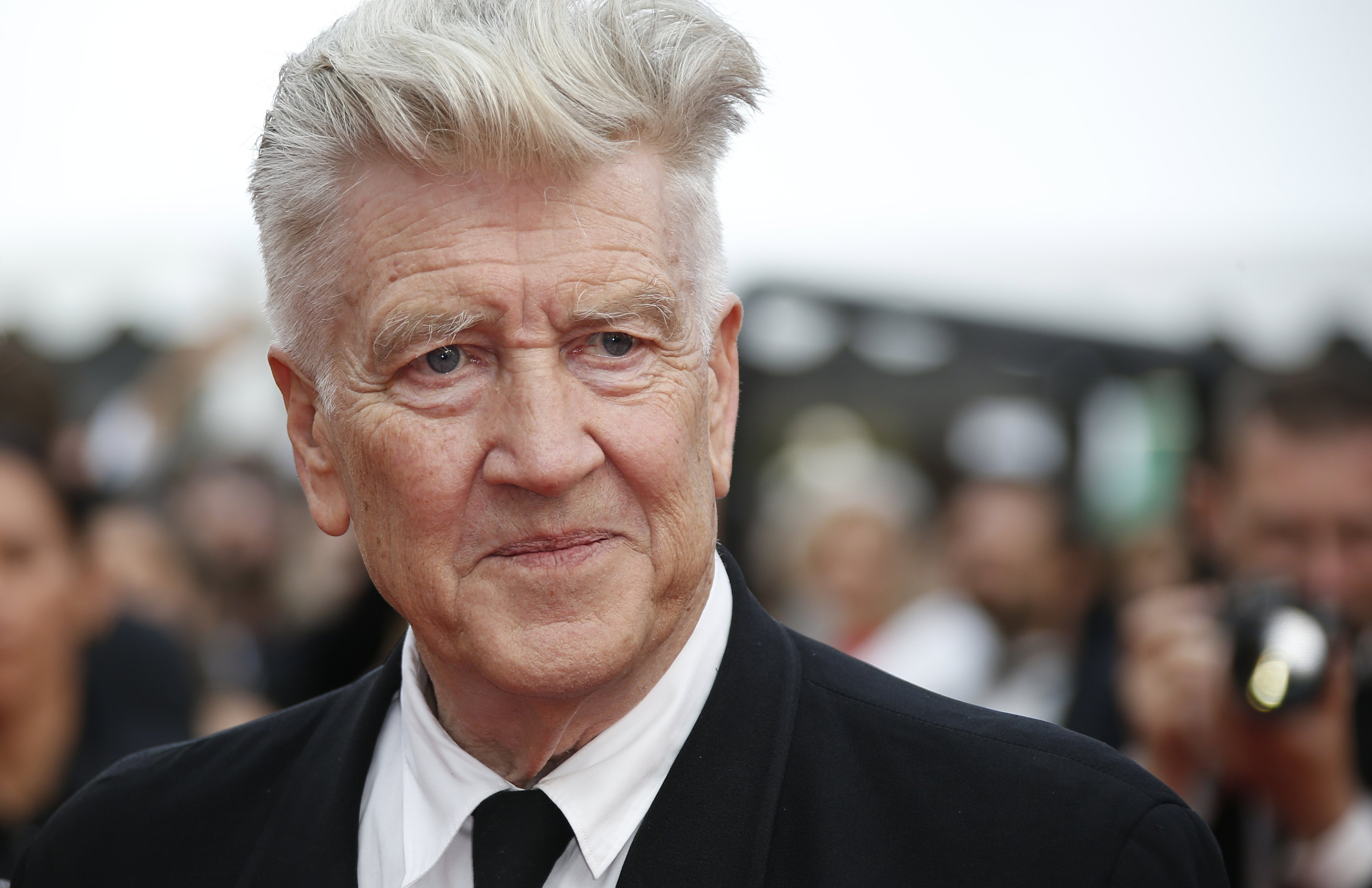'I had to convince David Lynch to do 'Twin Peaks' because he hadn't done television': Mark Frost

These days, as streaming platforms update their catalogs daily, one name is resurfacing: Twin Peaks , the 1990 series that redefined what television could be . To commemorate the 35th anniversary of its premiere, MUBI is offering this title on its platform.
Created by David Lynch and Mark Frost, the series combined mystery, surrealism, dark humor, crime, and psychological drama, as well as a healthy dose of extraordinary events. Its influence is evident in dozens of subsequent productions, from Stranger Things and Dark to True Detective and The OA.
Twin Peaks is not only a classic, but a work ahead of its time, as strange as it was fascinating, which opened the door to a new way of telling stories on the small screen. Its premiere was a cultural phenomenon, and its legacy grew even more over time, especially in 2017, after its return with an acclaimed third season.
While Lynch was the visual genius, Frost was the narrative architect as the series' writer, producer, and co-creator . Frost not only helped construct the enigma of Laura Palmer (the character at the center of the series, played by Sheryl Lynn), but was also instrumental in giving emotional depth, mythic structure, and coherence to a story that continues to challenge the rules of fiction.

Mark Frost, screenwriter, producer, and co-creator of 'Twin Peaks.' Photo: Userplace
In this exclusive conversation with EL TIEMPO, Frost talks about the origins of the series, his creative partnership with Lynch, the challenges of being a pioneer, the phenomenon of fandom without marketing, and what it means to him to have created a work that, 35 years later, remains alive, relevant, and mysterious.
While writing 'Twin Peaks,' a somewhat cryptic, dreamlike, and strange story, did you think it was a good idea that would become as important as it eventually became?
I did think it was a good idea, but I had no idea how people would receive it. I told David that we'd been given an opportunity and that we had to try to make the best show possible. One that perhaps no one had attempted before on broadcast television. And we hoped it would work. The chemistry between David and I, and the way we worked—we were incredibly entertained, laughing nonstop—was very special. We thought that if we could convey that fun to people, maybe we could achieve something incredible. And maybe someone would want to come and see what was there. But projecting that we were going to have viewership numbers comparable to the Super Bowl was crazy to think about. And yet, two years after the premiere, that's more or less what happened.
We're talking about 1990. How did you know audiences were ready for something so different, ambiguous, and challenging, that it was a story ahead of its time?
I think for two reasons. First, when I was a kid, my dad worked in the industry and was involved in some of the shows from the so-called 'golden age of television' in New York. They were live shows, written, directed, and acted by the best in America. I wondered why something like that couldn't be done again. Even though we had shows like Dynasty and Dallas , it didn't mean the 'golden age' tradition was dead. And the second reason is that I was coming from working on Hill Street Blues , a show that also broke a lot of conventions and raised standards. Being a part of that made me think that audiences were more ready than the industry gave them credit for. So we took a chance.

Lynch (right) giving instructions to two actors during the filming of the new season of Twin Peaks. Photo: Suzanne Tenner
They took a risk, and 35 years later, we're experiencing an explosion of series that use mystery or psychic elements. Do you think it was "Twin Peaks" that opened that door?
It wouldn't be right to say it was the only reason, but I do think it played an important role. And I'm glad it did. Although I must also say: it's not always a good idea to be ahead of your time. But as the industry changed, we went from VHS to DVD, and suddenly everyone had one... And Twin Peaks started being watched again in the early 2000s, when it finally came out on DVD. The series returned, and its reputation even grew more than in its original moment. And so, in 2012, I called David and proposed a way to bring it back. And so the third season was born, 25 years later, just as the original series had said. It was the final chapter it deserved.
In the '90s, 'Twin Peaks' was the only content of its kind. Maybe that's why people flocked to it: it was the only thing available if they wanted something different. But today there are hundreds of similar offerings, and 'Twin Peaks' is still relevant. Why do you think it's still relevant in a world where you can choose anything?
From the start, we decided not to make something disposable. We thought of it as something that would last, like a good car or a carefully crafted piece of equipment. Something functional, solid, that would give people an experience. And when we came back with the third season, we doubled down. We took the audience to completely different places, with a more complex and mythological narrative. We knew the audience would be ready to follow us wherever we went. And luckily, they did.
From the beginning, we decided not to make something disposable. We thought of it as something that would last, like a good car or a carefully crafted piece. Something functional, solid, that would give people an experience.
Since we're talking about the many options available today... As co-creator of 'Twin Peaks,' what kind of current content like the series do you watch?
I'm drawn to anything well-made, regardless of genre. With one exception: animated films. I saw so many when my son was a kid that I'm a little crazy about them now. But in general, if a film speaks the language of cinema, of myth, of symbolic storytelling... I'm all for it.
You've mentioned David Lynch several times, and I wanted to ask you about your creative process with him.
We'd been friends since we met in 1985 on another project: I was going to write it, and he was going to direct. In the end, it didn't happen—as often happens in Hollywood—but that's when we discovered we had a real creative connection. Twin Peaks came about by chance. We weren't looking to do television, but it was proposed to us, and we saw the opportunity. I had to convince him because he'd never done television before. I told him that if we did it right, we could change the rules of the game and that nothing was off-limits. And it was like being Tom Sawyer and Huck Finn. We were going to paint a fence... and suddenly everyone wanted to help us. We built a beautiful community of artists, technicians, actors, directors. It was a glorious time.

David Lynch died on January 16, 2025, at the age of 78. Photo: EFE
'Twin Peaks' had a fandom before marketing strategies as we know them today existed. It was a very organic thing...
Absolutely. I remember perfectly: we were working on the second season, and the internet was a very new thing. One day, the executive producer came and threw a stack of papers on my desk. They were photocopies of online forums where people were talking about the series. It blew my mind to see how a spontaneous, global community had been created that connected with what we were doing.
I know it's weird talking to Monday's paper, but if you had to write 'Twin Peaks' today, would you do anything differently?
Probably, yes. As you said, the rules and expectations are very different today, even more generous. We'd probably do something completely out of the ordinary, like some crazy ideas we had early on. But part of the fun was just that: exploring, forging our own path in the jungle. I don't know if I'd want to miss that part. It was one of the things I enjoyed most.
eltiempo


%3Aformat(jpg)%3Aquality(99)%3Awatermark(f.elconfidencial.com%2Ffile%2Fbae%2Feea%2Ffde%2Fbaeeeafde1b3229287b0c008f7602058.png%2C0%2C275%2C1)%2Ff.elconfidencial.com%2Foriginal%2F5d1%2F9a1%2F007%2F5d19a1007aa2dc7fc503fabd38bba65e.jpg&w=3840&q=100)
%3Aformat(jpg)%3Aquality(99)%3Awatermark(f.elconfidencial.com%2Ffile%2Fbae%2Feea%2Ffde%2Fbaeeeafde1b3229287b0c008f7602058.png%2C0%2C275%2C1)%2Ff.elconfidencial.com%2Foriginal%2Fcf4%2F399%2F9b1%2Fcf43999b1150521c66b126806b23fab1.jpg&w=3840&q=100)

